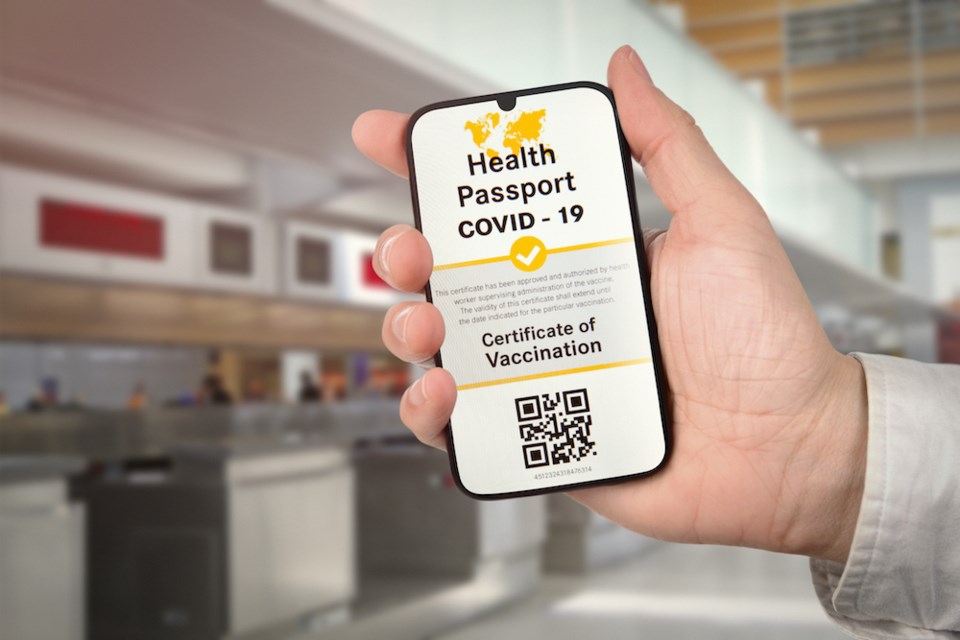Late last year, the federal government had promised that every Canadian who wanted to be inoculated against COVID-19 would be able to do so before Thanksgiving Day. At first, Canadians did not think the pledge would be met. Now, it is clear that the biggest setback the country faces to eradicate the pandemic has not been a lack of shots but a lack of will from some Canadians.
The latest survey conducted by Research Co. and Glacier Media continues to show a high proportion of Canadians expressing satisfaction with three aspects of the fight against COVID-19: the vaccination plans and phases outlined by provincial governments (71%, down two points since July), the pace of vaccination efforts in their province (70%, down three points) and the procurement of vaccine doses from the federal government (69%, down three points).
Our views on this process are nowhere near the pessimism that was observed earlier in the year. Canadians are no longer worried about where the next iteration of vaccine doses will come from or about the ability of their provincial health-care system to properly administer them.
More provinces over the past few weeks have been implementing “vaccine passports,” albeit under different names and specifications. Over time, Canadians have become more welcoming of this idea.
This month, 67% of Canadians think vaccine passports are a good idea for people to be able to visit a gym or fitness facility, up 13 points since our previous measurement in May. We see similar rises in the level of support for these certificates of inoculation as a requirement for admission to live sporting events (68%, up 11 points), to live concerts (also 68%, up 12 points) and to the theatre or cinema (66%, up 11 points).
While no government has openly advocated for a vaccine passport for people to go to an office, we find that 63% of Canadians hold positive views on this idea, up 11 points since May. Support is also higher for relying on the certificate to travel inside a province (62%, up eight points), travel to another province (68%, up nine points) and travel to other countries (73%, up nine points).
One area where Canadians appear to be letting their guard down is face coverings. In our most recent survey, 69% of Canadians say they are wearing a mask every time they go out, down one point since July.
As has been the case throughout the pandemic, women continue to be more likely to never leave home without a face covering (75%) than men (64%). Regionally, Ontario and Atlantic Canada lead the way (76% and 75%, respectively), followed by British Columbia (69%), Alberta (68%), Saskatchewan and Manitoba (66%) and Quebec (62%).
In previous surveys, we documented how somewhere between 14% and 20% of Canadians outlined their unwillingness to take the vaccine against COVID-19. In late September, the proportion stands at 9%, with almost nine in 10 Canadians (88%) either acknowledging they are already inoculated or saying they are in the process of getting their shots.
When we look at how the small proportion of Canadians who will not get inoculated voted in last month’s federal election, an unsurprising trend emerges. This group amounts to only 5% of Bloc Québécois voters and just 3% of those who cast ballots for the Liberal Party of Canada or the New Democratic Party. The proportions are a bit higher among Canadians who voted for the Conservative Party of Canada (11%) and the Green Party of Canada (17%).
The Canadian “anti-vaxxer” decidedly found a home in the People’s Party, with 66% of its voters saying they will “probably not” or “definitely not” get inoculated against COVID-19. Just what becomes of these faithful followers when the pandemic is no longer their cause célèbre remains to be seen. •
Mario Canseco is president of Research Co.
Results are based on an online study conducted from September 25 to September 27 among 1,000 Canadian adults. The margin of error, which measures sample variability, is plus or minus 3.1 percentage points, 19 times out of 20.



